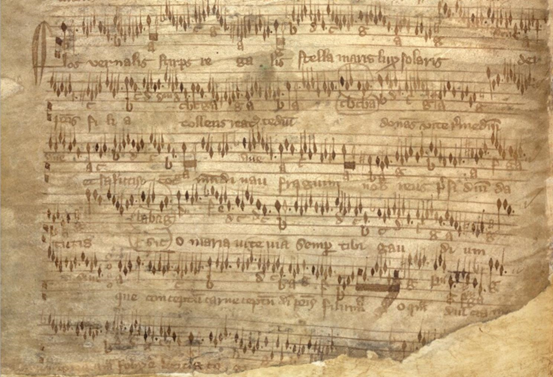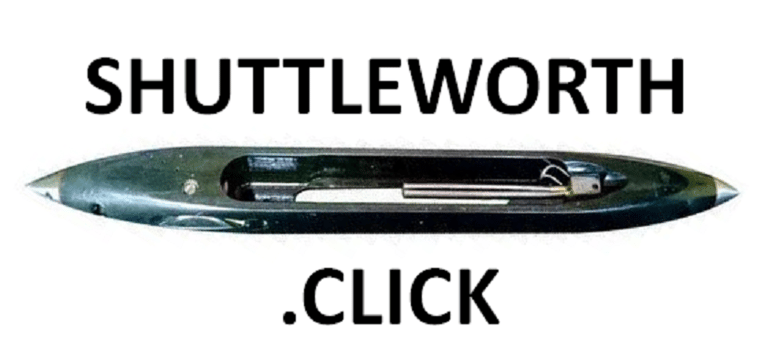Where we live: Robertsbridge, England
Who knew? A chance posting on Facebook one day alerted us to a piece of history from the village the we have chosen to make home. It mentioned the Robertsbridge Codex and it's local connection. That led to some digging around (virtual, not physical) and what began to come through was a story too good to ignore. Having been an amateur musician my whole life - with way more enthusiasm than expertise - I'd used lockdown to learn MuseScore - a way of writing down and playing back music. I discovered a number of links and tracked down a number of pieces of music from the Middle Ages that were included in the Robertsbridge Codex and that have been translated into modern form by academics and master musicians across Europe.
Mine was the easier task of transcribing into MuseScore so you can hear what they sound like...
If you would like a booklet with more details on the Codex, or a booklet with modern transcriptions for keyboard - or both - please use the "contact" form.
The Robertsbridge Codex is a bound manuscript comprising a set of documents relating to Robertsbridge Abbey from its formation in 1176 to its dissolution in 1538.
The Codex was unknown until the chance discovery of a large number of documents at nearby Penshurst Place in the mid-19th century.
The Codex is now housed at the British Library in London - catalogue reference: “MS Add 28550”.
Two of its leaves are “estamperies” – or musical pieces from the 14th century.
They are written in “tablature” form – and have been dated at 1360, according to the British Library. This makes them the earliest surviving music written specifically for keyboard.
Other music in the Codex includes three vocal motets and one more estampie from a later period.
The two 1360 Estamperies are thought to be based on a Tricento – a dance form imported from Italy. One is in 3/4 time and the other in 6/8 time. They are for the most part written for 2 “voices” - with an occasional third note added. A number of early music specialists from across Europe have attempted translations of the tablature into music as it is noted down today.
Some infilling by them was needed as damage to the manuscripts meant that the pieces were incomplete.
Some further adjustment is necessary to make the pieces “playable”. 6 of the pieces - including the two 1360 estamperies - are now available to play on a modern keyboard or small group of instruments.
A discovery in 2021 of a variation on one of the later motets in Karlsruhe, Germany - “Flos Vernalis” - included some opening lines that are missing from the Robertsbridge Codex. This allowed a complete version to be recreated – although the Karlsruhe variation had more ornamentation.
Codex pieces, including the two early estamperies, have now been "transcribed" into MuseScore by me and are available to download and print or listen to. An absolute minimal number of adjustments were made in order to even out the number of beats in each bar.


The most likely keyboard instrument of the period would have been a small table-top pipe organ. “Estamperie” is French for stamping – which fits with the 3 beat rhythms of the two dances.
A page of music from the Robertsbridge Codex
The Robertsbridge Codex
